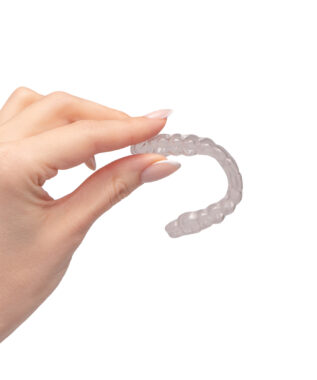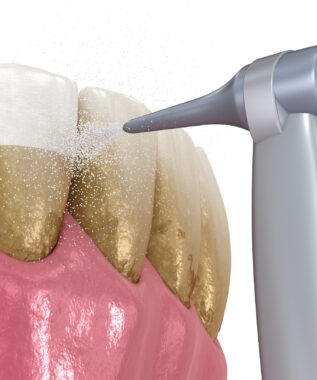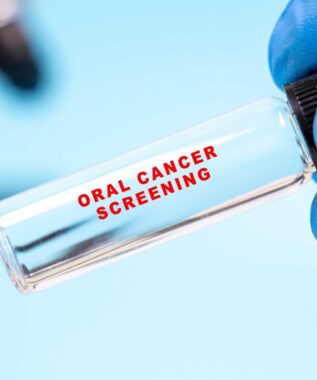 Many people who experience tooth loss recognize the severity of the situation, even if they don’t know exactly what problems are bound to arise from it. Fortunately, this prompts many people to seek to replace their lost teeth as soon as possible, which helps them avoid some of the more devastating, long-term consequences that can result from it. However, not everyone understands the consequences of losing teeth, or how they can become increasingly more complicated the longer it takes to address their condition. Today, we examine what happens to your smile after losing a tooth, and how these changes can impact your oral health and quality of life for years to come.
Many people who experience tooth loss recognize the severity of the situation, even if they don’t know exactly what problems are bound to arise from it. Fortunately, this prompts many people to seek to replace their lost teeth as soon as possible, which helps them avoid some of the more devastating, long-term consequences that can result from it. However, not everyone understands the consequences of losing teeth, or how they can become increasingly more complicated the longer it takes to address their condition. Today, we examine what happens to your smile after losing a tooth, and how these changes can impact your oral health and quality of life for years to come.
The changes you see immediately
The visible impacts of losing a tooth can be significant for many people, especially if the lost tooth was at the front of their dental ridge. This change may not always be enough to prompt people to seek treatment to replace their lost tooth, however, and this may allow the consequences of the loss to get worse. This may be more likely to occur if the lost tooth isn’t as highly visible, as many people believe the visible impacts of the loss are the most important problem. The right dental restoration can help address this impact by filling the space in your smile with a realistic-looking replacement.
The problems you feel rather than see
The problem with your smile’s appearance after losing a tooth can be a substantial one, but it isn’t the only problem you may notice. For instance, you might also feel a difference in how your bite works when you bite and chew your food. The loss of the tooth can create an imbalance in your bite’s pressure, which can cause one or more of your remaining teeth to take on more pressure than they’re meant to. Over time, the changes to your bite can become more noticeable as the excessive, uneven pressure begins to wear your remaining teeth down and/or force them out of alignment.
The consequences that take longer
Not all of the things that occur after tooth loss are things that you’ll immediately see or start to feel. That’s because the tooth you lost consists of more than what you see, and the tooth’s overall function includes more than just balancing out your bite. For instance, the roots of your teeth play several important roles, from supporting them as you bite and chew to ensuring your jawbone remains properly stimulated and nourished. All of these functions are impacted by the loss of even a single tooth, and over time, this can have a detrimental impact on the foundations of your smile. This includes a weakening of your jawbone structure and increased risks of further tooth loss, which you may be able to address by replacing the root of your lost tooth with a dental implant.
Learn how to save your smile after tooth loss
Your smile goes through a lot after you lose one or more teeth, and understanding these impacts is important to choosing the right solution for rebuilding your smile. To learn more, schedule an appointment with us by calling Dreem Dentistry in Leawood, KS, today at 913-681-5500. We also serve patients who live in Overland Park and all surrounding communities.






